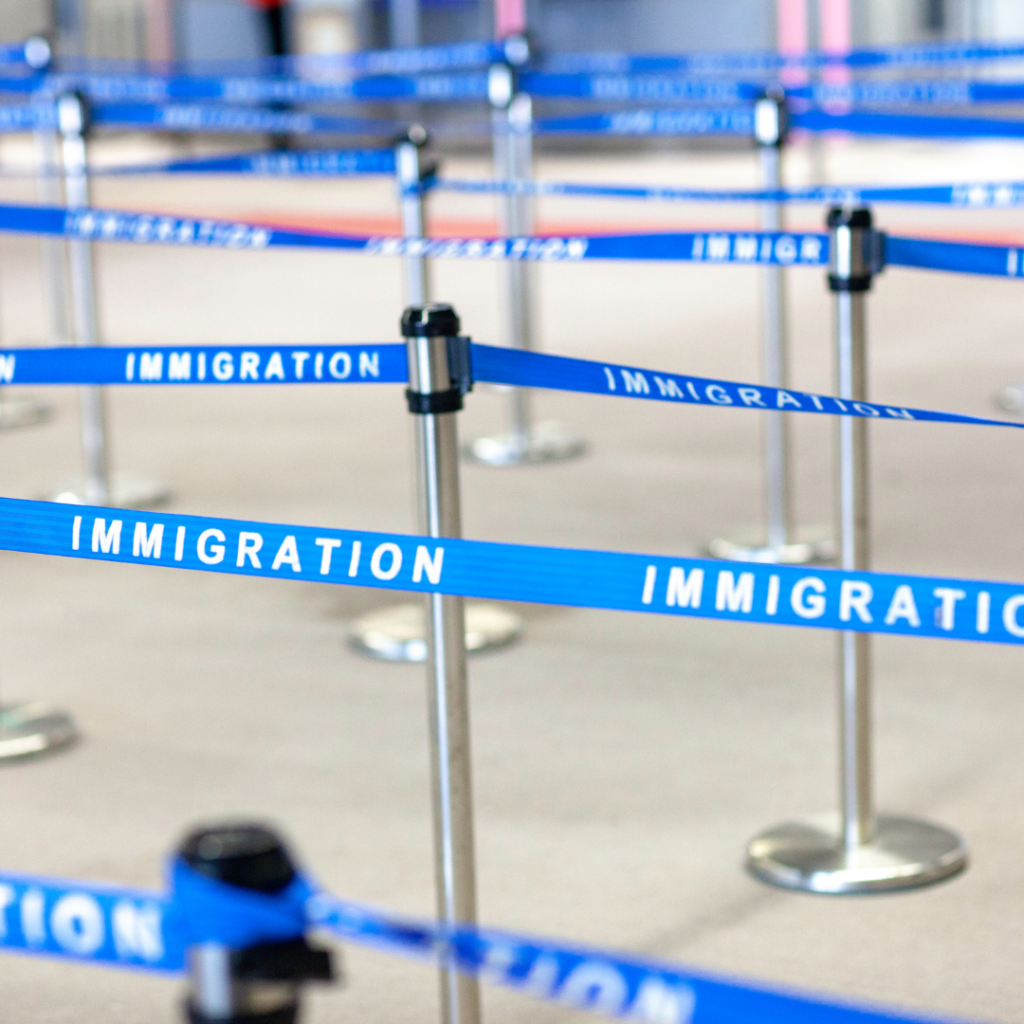Immigration waivers are sometimes granted to persons who would under normal circumstances be denied entry into the United States, or obtaining a visa and or green card. These exceptions or pardons allow the individuals to overcome certain inadmissibility grounds.
Some of the most common waivers granted include;
1. I-601 Waiver (Waiver of Inadmissibility): This waiver is typically used to overcome various grounds of inadmissibility, such as unlawful presence, certain criminal convictions, fraud or misrepresentation, and health-related issues. It is commonly used by immediate relatives of U.S. citizens and lawful permanent residents.
2. I-601A Provisional Waiver: This waiver is designed for certain spouses and children of U.S. citizens who are eligible for an immigrant visa but would trigger the unlawful presence bar upon departing the U.S. This waiver allows them to apply for the waiver while still in the U.S. before departing for their visa interview.
3. I-212 Waiver (Application for Permission to Reapply for Admission into the United States After Deportation or Removal): This waiver is for individuals who have been deported or removed from the U.S. and are seeking permission to reapply for admission. It is often used by individuals with prior immigration violations.
4. 212(d)(3) Waiver (Nonimmigrant Visa Waiver): This waiver is for nonimmigrant visa applicants who are inadmissible for various reasons, such as criminal convictions or prior immigration violations. It allows them to obtain a temporary visa to enter the U.S. despite their inadmissibility.
5. VAWA (Violence Against Women Act) Waiver: VAWA provides protections and immigration benefits to certain abused spouses, children, and parents of U.S. citizens or lawful permanent residents. A waiver may be available for individuals who would otherwise be inadmissible due to immigration violations.
6. U Visa Waiver: U visas are available to crime victims who have suffered substantial physical or mental abuse and are willing to assist law enforcement in the investigation or prosecution of the crime. A waiver may be available to overcome certain inadmissibility grounds.
7. T Visa Waiver: T visas are available to victims of human trafficking. A waiver may be available to overcome certain inadmissibility grounds for T visa applicants.
8. Asylum or Withholding of Removal: While not technically a waiver, individuals seeking asylum or withholding of removal are asking for protection from persecution in their home country. These processes can allow individuals to remain in the U.S. even if they would otherwise be inadmissible.
9. DACA (Deferred Action for Childhood Arrivals) Renewal: DACA recipients may apply for renewals to continue their deferred action status, allowing them to work and remain in the U.S. even if they initially entered without authorization.
10. Special Immigrant Juvenile Status (SIJS) Waiver: SIJS is available to certain immigrant children who have been abused, neglected, or abandoned by one or both parents. A waiver may be necessary to overcome inadmissibility issues.
It’s important to note that the eligibility criteria and application processes for these waivers can be complex, and individuals seeking a waiver should consult with an experienced immigration attorney or legal professional for guidance on their specific situation. Additionally, immigration policies and regulations may change over time, so it’s essential to stay updated on the latest information from U.S. Citizenship and Immigration Services (USCIS) or other relevant authorities.
This is brought to you by Proximate Consult, kindly stay tuned for more immigration updates.


